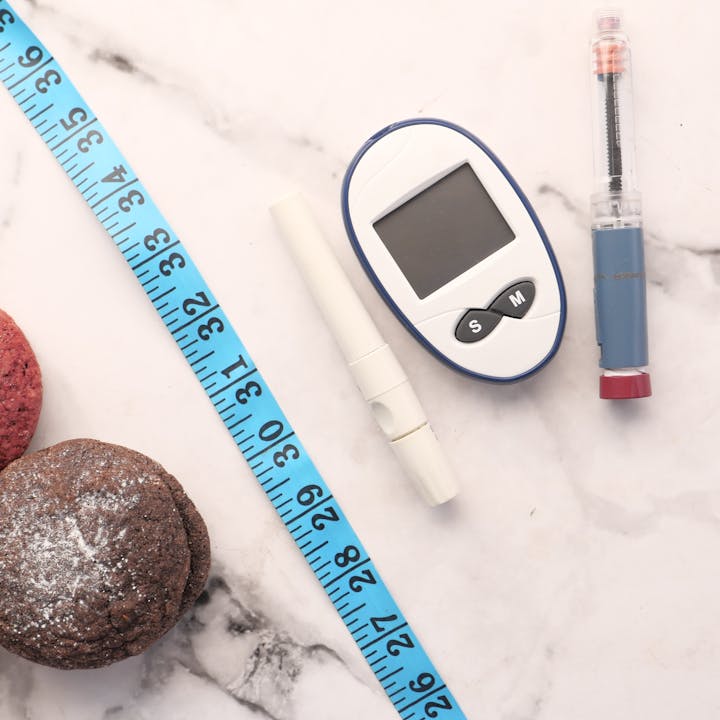
Understanding the risks of metabolic syndrome and diabetes in safety-critical industries
When it comes to managing the health of employees in safety-critical industries, such as transportation or those with heavy machinery operation, certain health conditions require particular attention.
Metabolic syndrome and diabetes are two such conditions, with potential implications not only for individual workers but also for the safety of their colleagues and the public. In this blog article we explore these conditions, the associated risks, and the importance of managing them effectively within your workforce.
Metabolic Syndrome
Metabolic syndrome is a cluster of interconnected factors that increase an individual's risk of developing heart disease, stroke, and type 2 diabetes. According to a study in the Clinical Kidney Journal these factors include abdominal obesity, high blood pressure, high blood sugar, high serum triglycerides, and low serum high-density lipoprotein (HDL). Individuals with at least three of these factors are diagnosed with metabolic syndrome. Workers in safety-critical industries, such as transportation and those involving heavy machinery operation, are particularly susceptible to the consequences of metabolic syndrome. For example, uncontrolled high blood pressure or blood sugar can lead to sudden incapacitation while operating a vehicle or machinery, posing risks to the individual and their surroundings. Additionally, metabolic syndrome increases the likelihood of developing type 2 diabetes, which further exacerbates these risks.
Diabetes
Diabetes, a chronic disease characterised by high levels of blood sugar, can pose significant risks in safety-critical industries. A study from the Practical Diabetes Journal highlights the potential consequences of hypoglycemia (low blood sugar) and hyperglycemia (high blood sugar) in occupations like driving, rail, and aviation. Hypoglycemic episodes can cause confusion, dizziness, and even loss of consciousness, while hyperglycemia may lead to impaired cognitive function and dehydration. Both scenarios pose significant risks to the individual and those around them, making early diagnosis and proper diabetes management essential for workers in these fields.
The Importance of early detection and management
Given the potential implications of metabolic syndrome and diabetes in safety-critical industries, early detection and proper management are crucial. Employers should invest in annual comprehensive employee health screenings, employee wellness programmes, and medical support to ensure these conditions are identified and appropriately managed within their workforce.
Understanding metabolic syndrome and diabetes' risks in safety-critical industries is essential for maintaining a safe working environment. By promoting awareness and investing in preventative healthcare measures, employers can support their employees' health while mitigating potential safety concerns.
If you'd like more information on how Qured can support your organisation to screen for both diabetes and metabolic syndrome, please get in touch.
Take the first step towards improved employee health
We’ve delivered health testing to over 400 businesses, supporting over a million customers. Find out how we can improve the health and wellbeing of your workforce.
